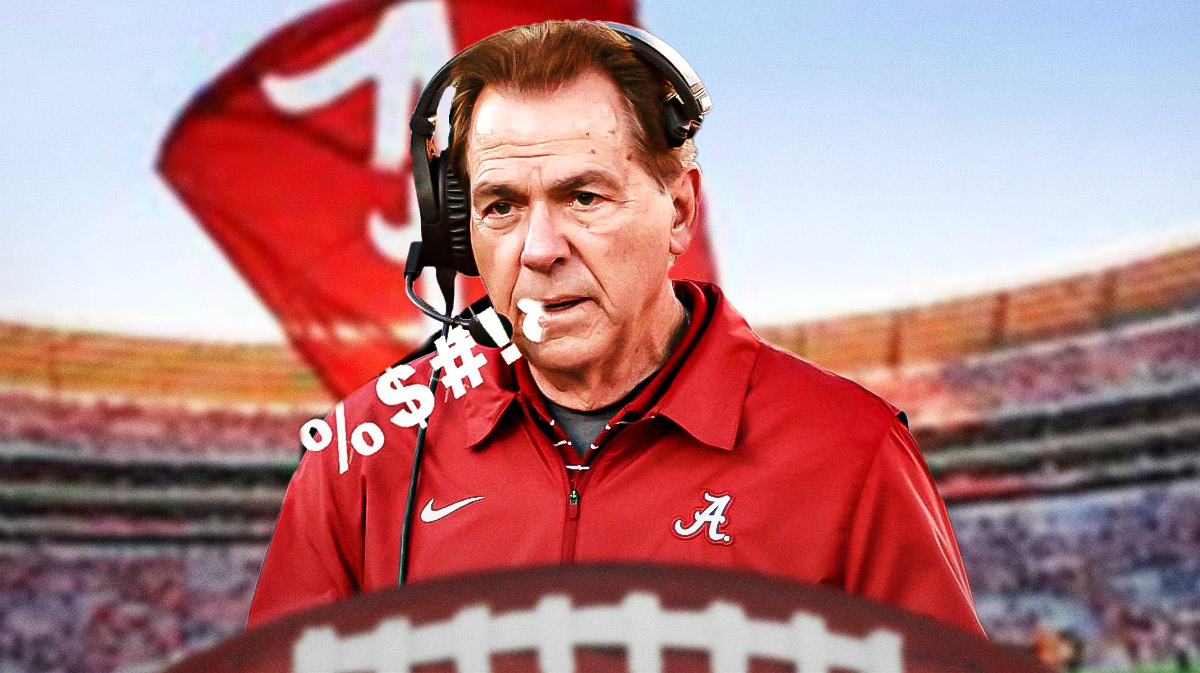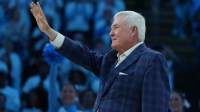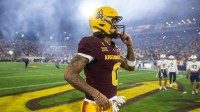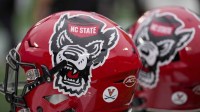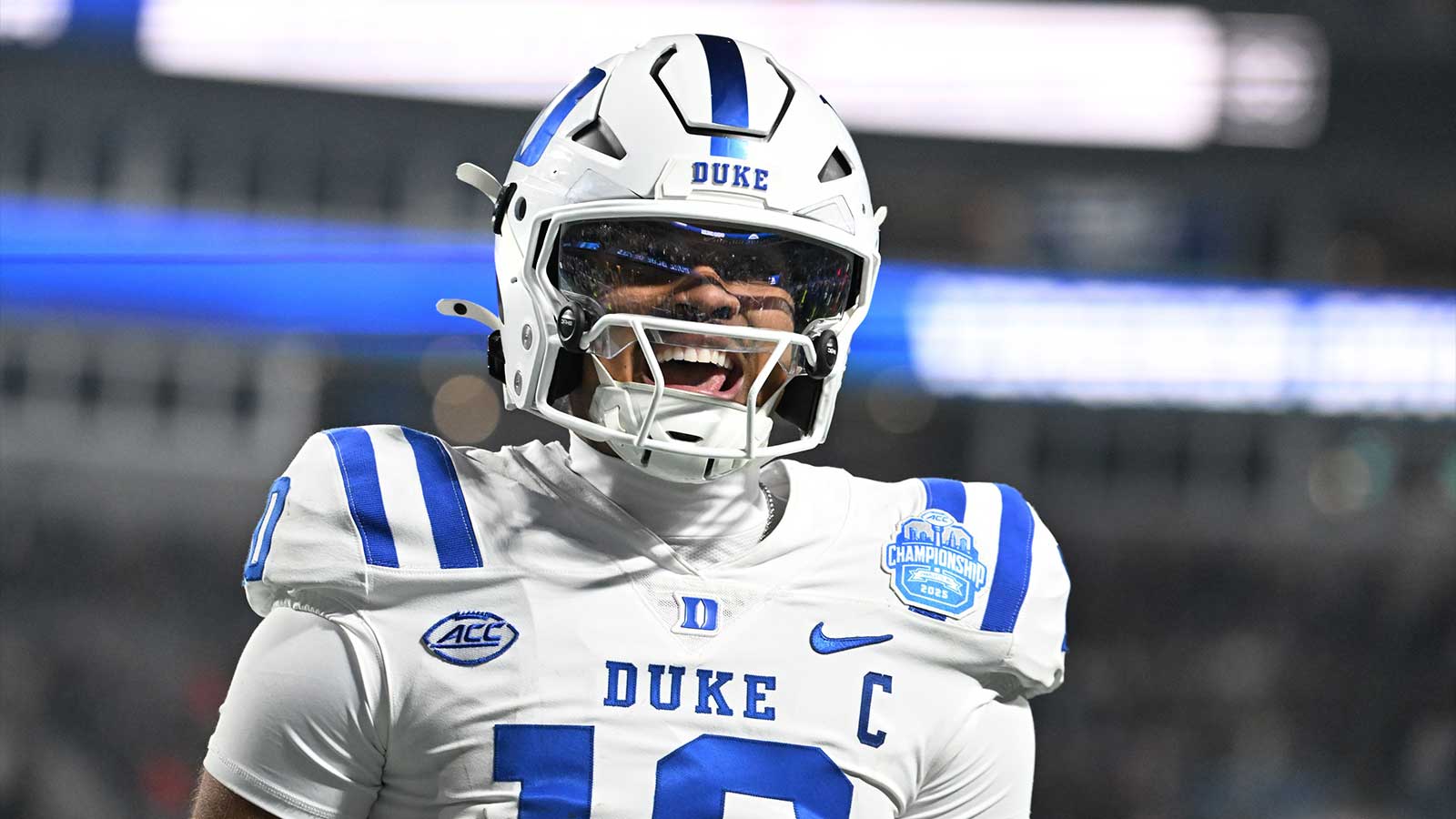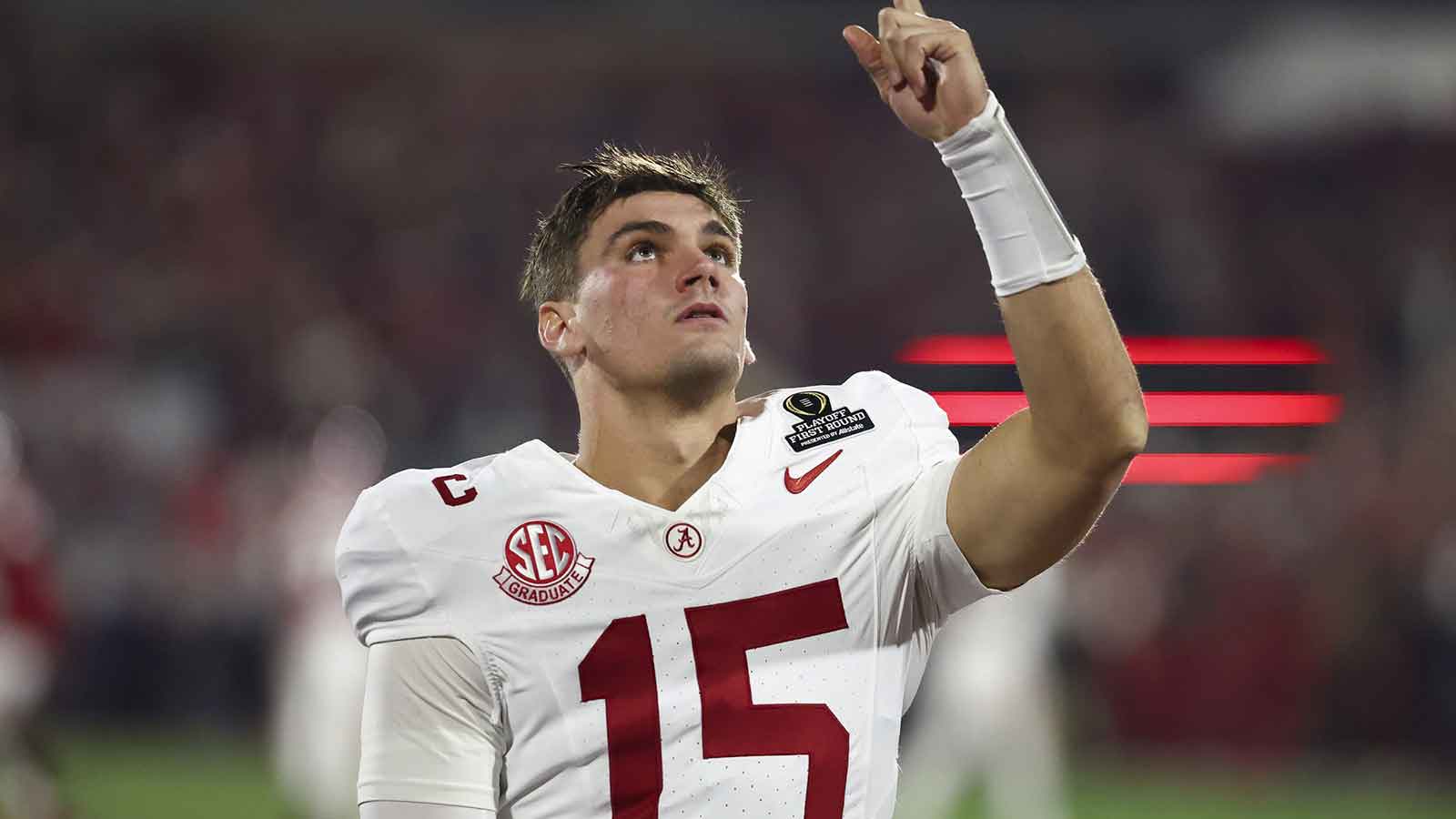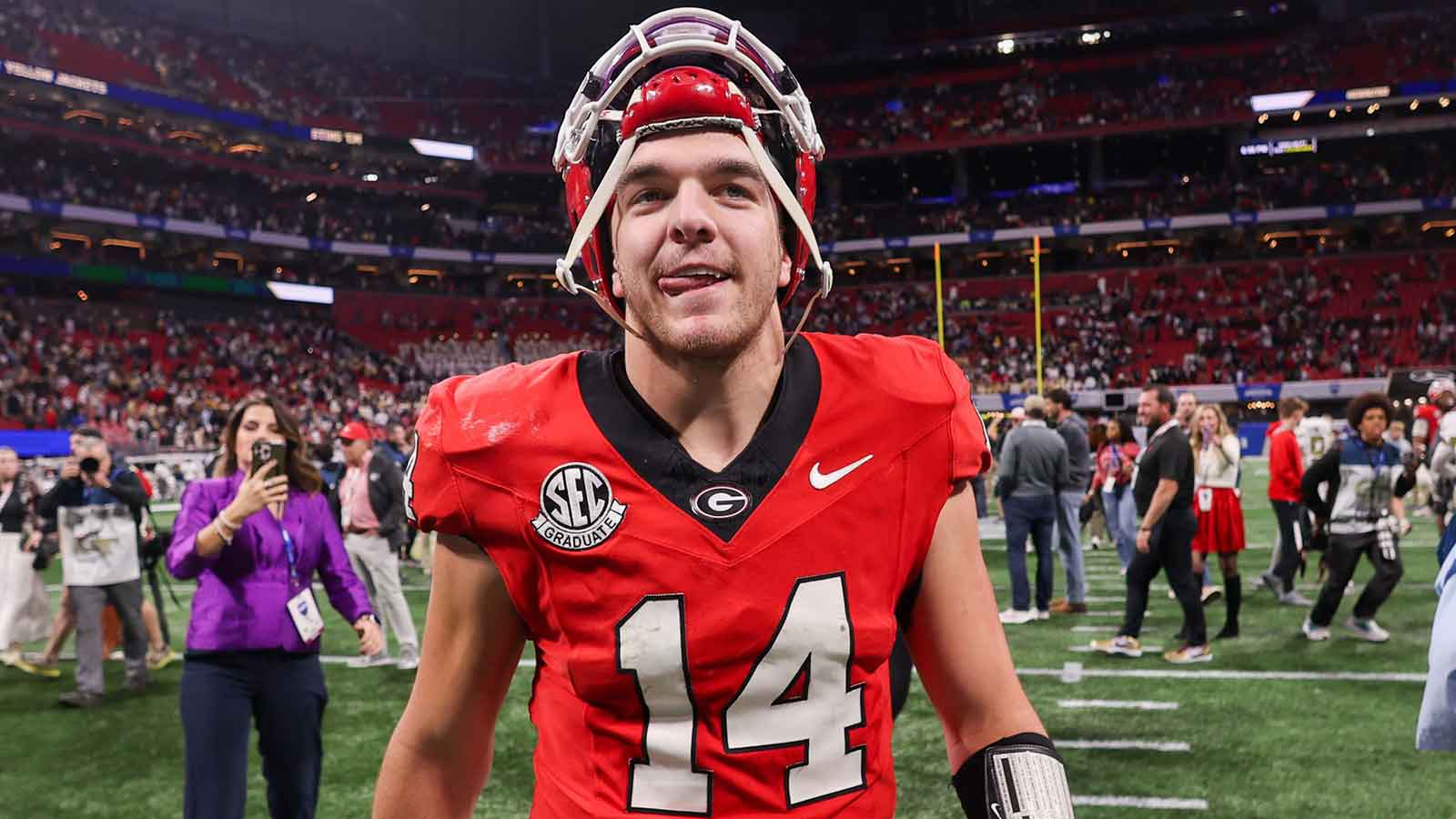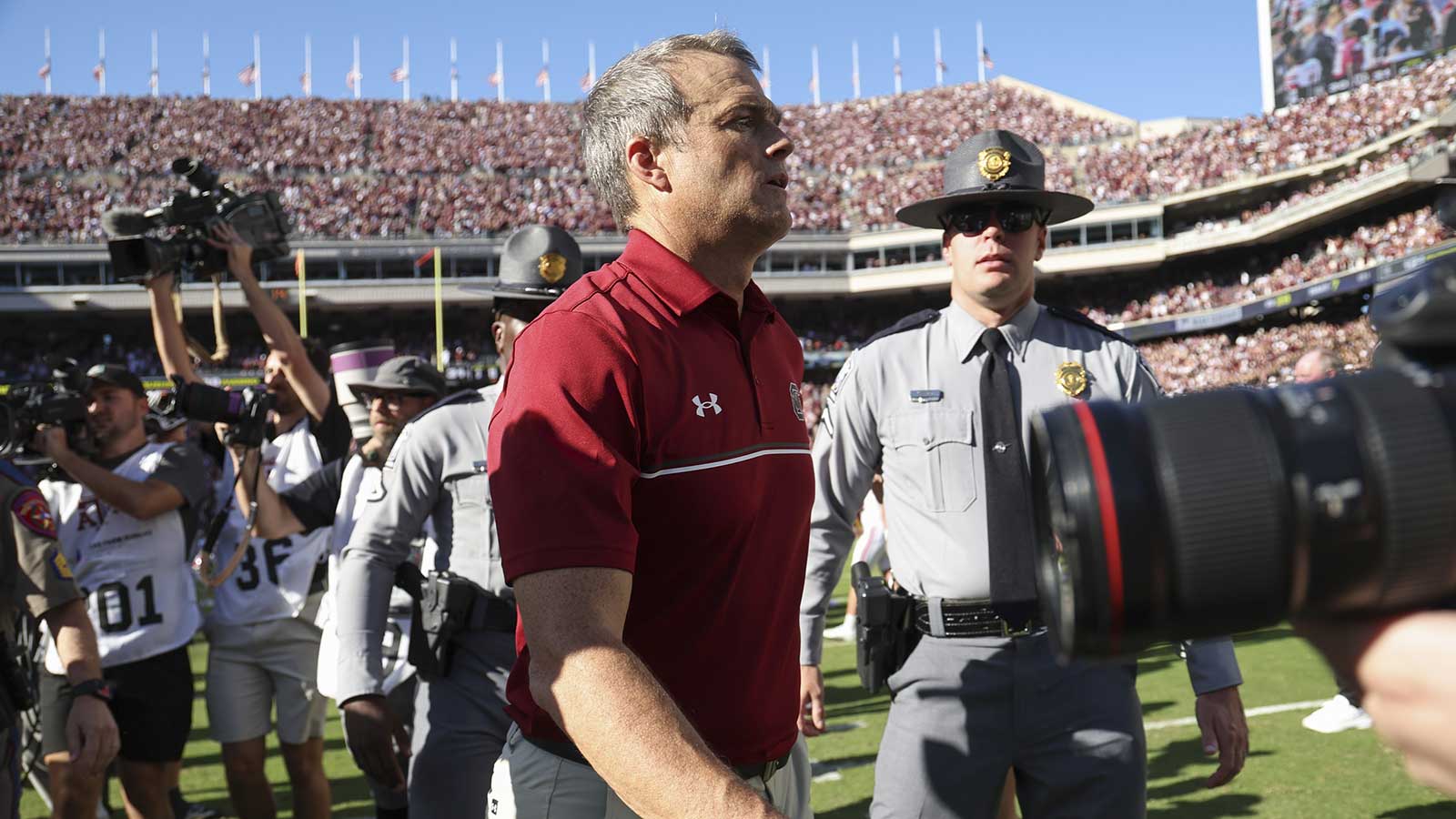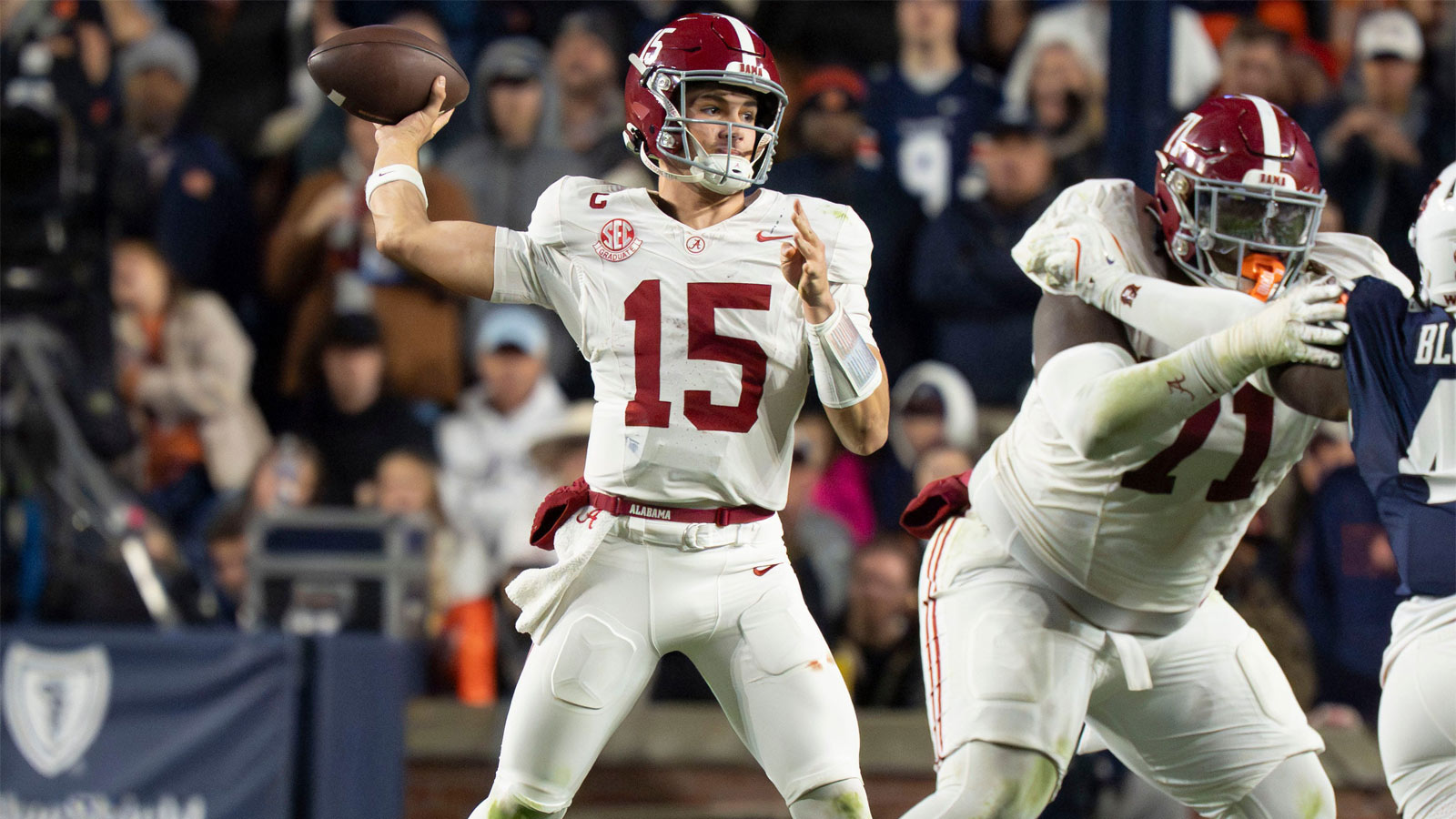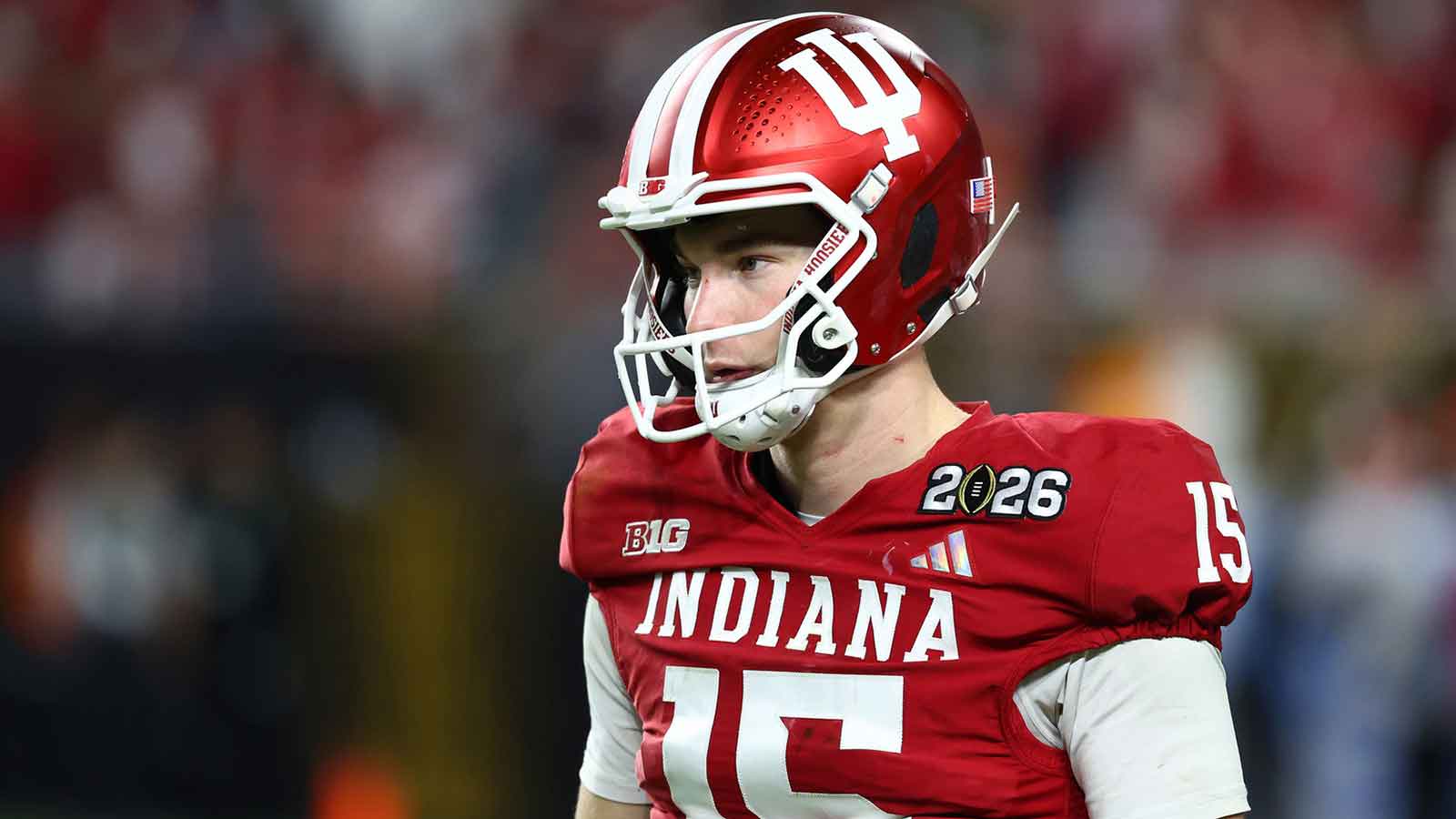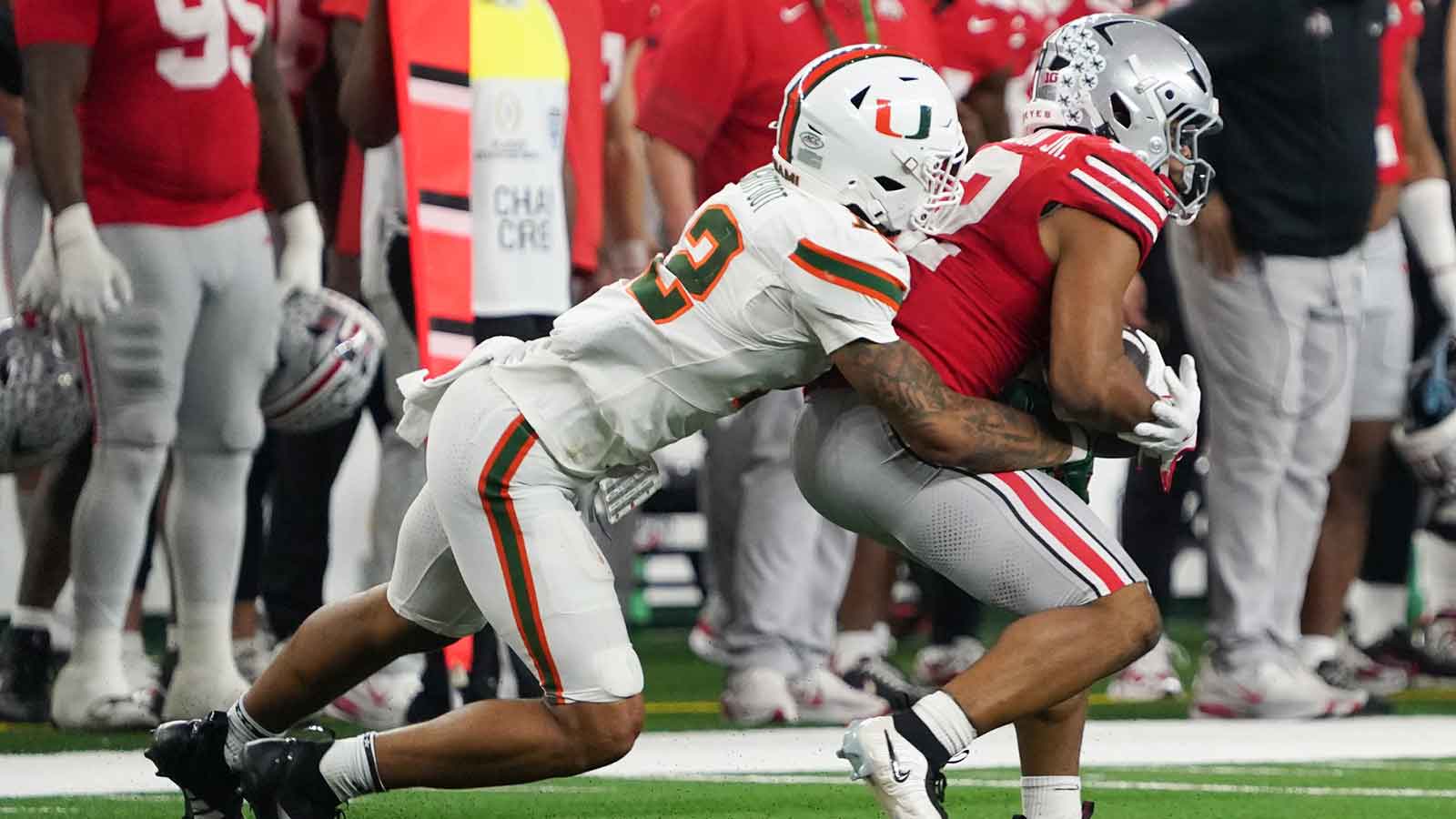Nick Saban isn't one to mince words, obviously. The now-retired coach won seven national championships during his 50-year career, and he didn't do all that by recruiting the wrong players, a point he made clearly on ‘College Gameday' this morning.
Saban has criticized the recent NIL-ification of college football — the coach said players care more now about their pay than playing time — and while discussing the high-priced roster of Ohio State during a conversation about defending national champion Michigan, which defeated Saban in his final game, the former Alabama football leader said the “right” players are more important than the ones you pay the most.
“You guys keep talking about a $20 million roster. If you don't pay the right guys, you'll be shit outta luck.”
"You guys keep talking about a 20 million dollar roster. If you don't pay the right guys, you'll be shit out of luck." – Nick Saban
"Congratulations- you just broke the internet." – Kirk Herbstreit pic.twitter.com/MfGXau6gyh
— Awful Announcing (@awfulannouncing) August 31, 2024
OSU athletic director Ross Bjork himself mentioned the $20 million figure as OSU's NIL “war chest,” in the words of ESPN's Jake Trotter, and since then the price tag has been thrown around in relation to Ryan Day's 2024 team. Day, whose Ohio State teams have now lost to Michigan three consecutive seasons, reportedly told boosters a few years ago that it would take $13 million to build his championship-contending roster.
This offseason, the Buckeyes went to work in the transfer portal, scooping up numerous highly sought-after players, including Alabama defensive back Caleb Downs and new starting quarterback Will Howard.
Why Nick Saban hates NIL in college football
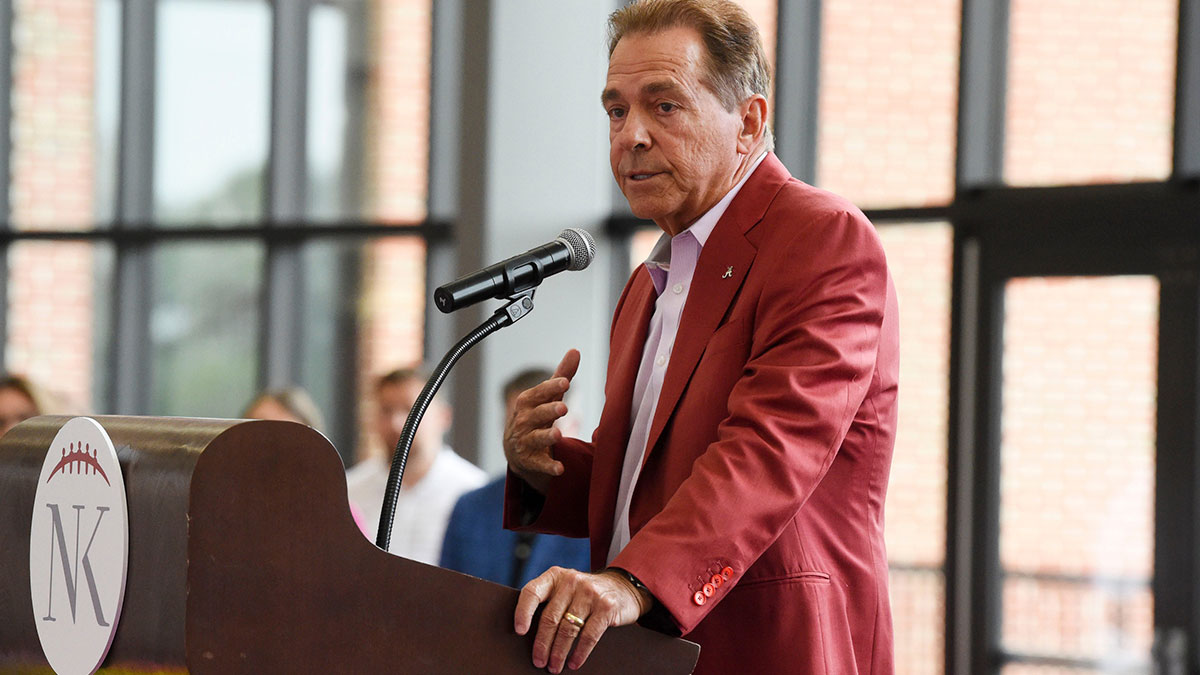
While Ryan Day and many other college football coaches around the country have embraced NIL, Nick Saban was and remains one of its loudest critics. Saban began his coaching career in the 1970s, and for most of his career, operated in a sport that not only did not pay its players but oftentimes harshly punished coaches, teams, and players who were caught trying to do so.
However, in the last few years, the rules of college athletics have changed. While programs cannot directly pay their players, massive NIL collectives, like the one Ohio State has used often this year, have become commonplace as pools of funds to compensate their players. Additionally, players can now take advantage of sponsorships and brand deals that they previously couldn't, leading to a lot of “bag chasing” for the young athletes.
Saban has understandably voiced his displeasure with the radical change, including during a Capitol Hill roundtable in March.
“All the things that I believed in, for all these years, 50 years of coaching, no longer exist in college athletics,” Saban said then. “It was always about developing players, it was always about helping people be more successful in life.”
Nick Saban says everything he believed about college football for 50 years no longer exists
Full watchhttps://t.co/MMudnE3Fp0 pic.twitter.com/4i6Y7AU4D2
— Bama FB on Youtube | 106K Subs (@BamaYoutube) March 12, 2024
Saban suggested revenue sharing, a core principle of professional sports leagues like the NFL, NBA, MLB, and NHL, as a potential solution to some of the issues that have arisen over the past few years.
“If we had some sort of revenue sharing proposition that did not make student-athletes employees … I think that may be the long-term solution,” Saban said. “You could create a better quality of life for student-athletes, you could still emphasize development, you can still create brand and athletic development with a system like that and it would be equal in all institutions. You couldn't raise more money at one school to create a competitive advantage at another.”
After retiring in January following Alabama's Rose Bowl overtime loss to eventual national champion Michigan, Saban joined ‘College Gameday' as a member of its desk for this season.

